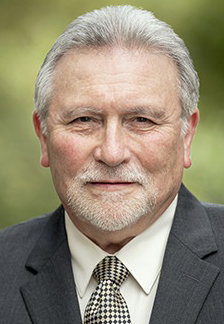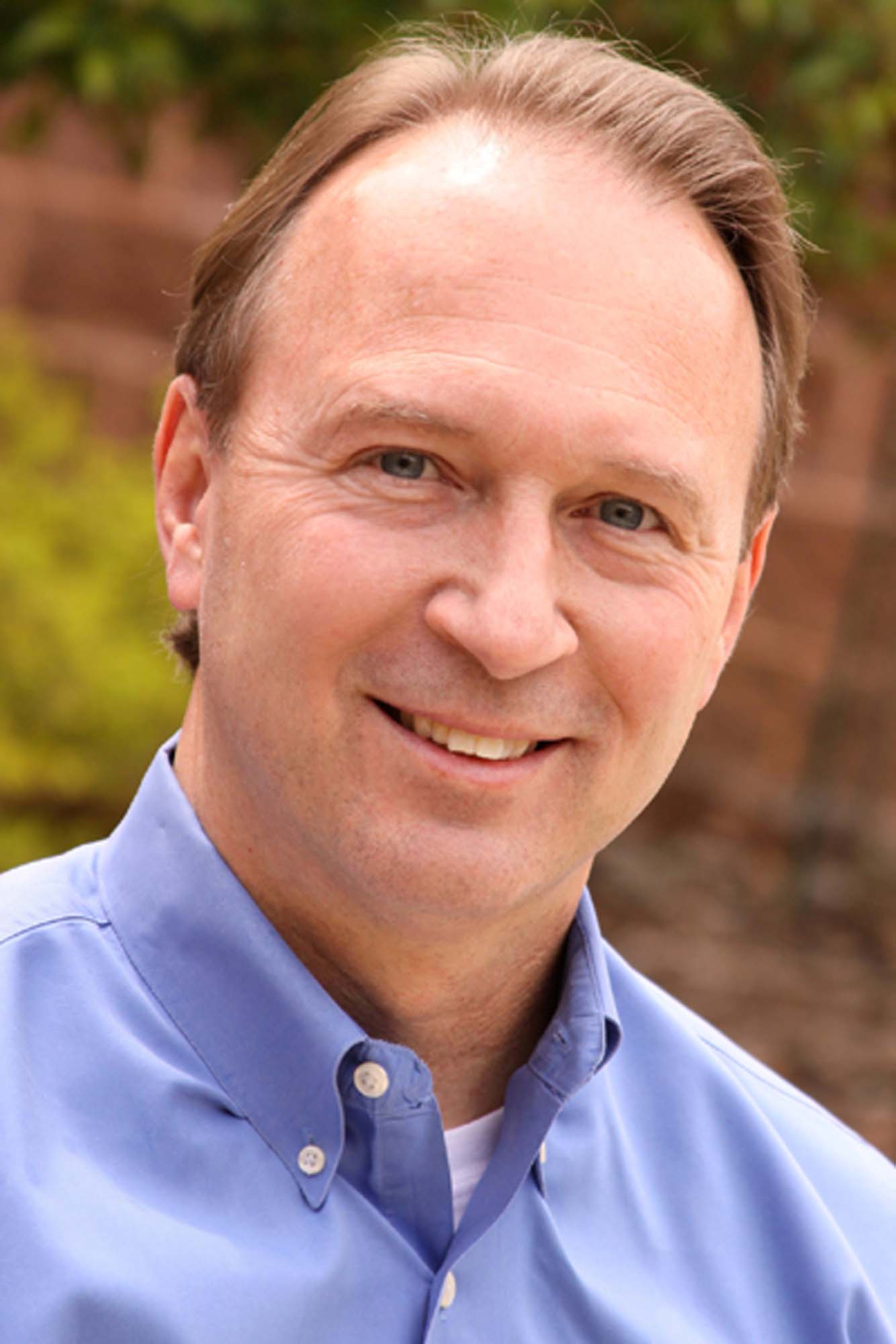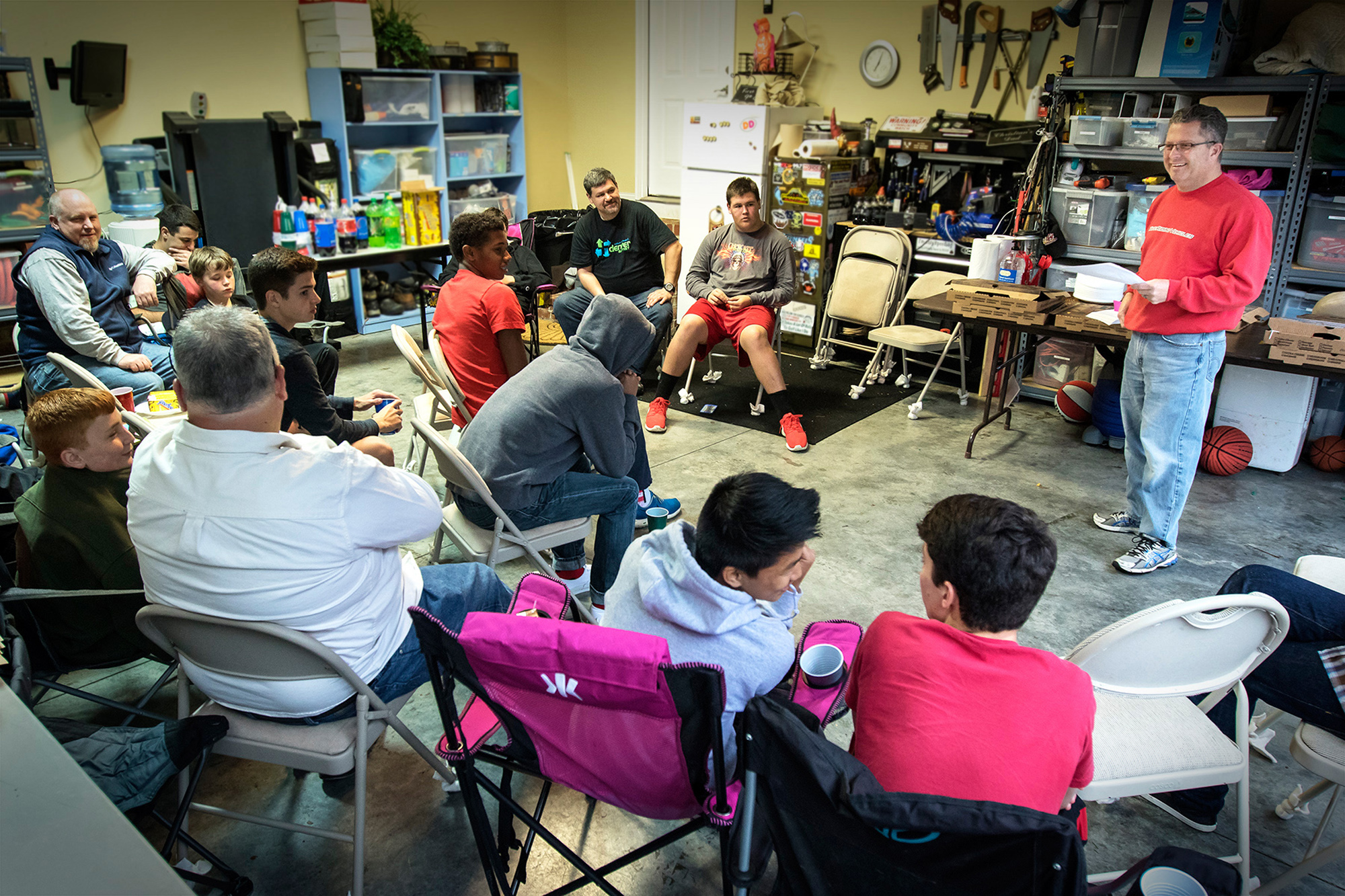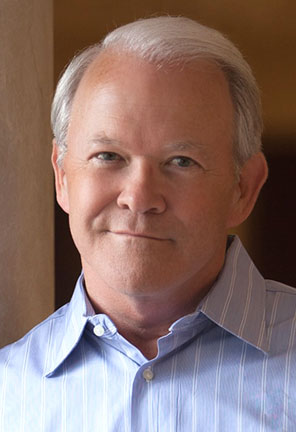
FORT WORTH, Texas — Recently, I have come to think that elections matter yet they are not necessarily decisive.
When Donald J. Trump ran for president, one of his campaign promises was to go to Washington to “drain the swamp,” and on Tuesday, Nov. 8, 2016, he was handed the opportunity to do just that. Earlier that year, the British people voted on a referendum on whether the United Kingdom (UK) should stay or leave the European Union (EU). On June 23, the so-called Brexit vote passed with almost 52 percent of citizens in favor of withdrawing from the EU.
One might conclude in the aftermath of these two seismic ballots that the swamp would have been swiftly drained and the UK would have moved quickly to reclaim her sovereignty. Think again. Two years later, despite POTUS’ best efforts, the swamp is still teeming with swamp creatures, and the steps necessary to execute Brexit have proven tough if not impossible to undertake.
If we should inquire why these two votes have been so difficult to execute, the answer is complicated. But one thing is sure; none of the things these votes intend to undo came about overnight.
It should not surprise us that a socialist like Victor L. Berger back in the 1920s in his “Broadsides” wanted to drain the swamp. In 1983, President Ronald Reagan also considered the federal bureaucracy a swamp which needed draining. With respect to Great Britain, the earliest beginnings of the EU date to just after the end of World War II. In the intervening years, economic factors, immigration, international courts, currency exchanges and safety and security issues have fused together, making it ludicrous to think that some aspect of the EU relationship can be rejected without it affecting the integrated arrangements of all countries involved.
Similarly, human sinfulness doesn’t just go away the moment Christ’s cross breaks the power of sin in a believer’s life (Colossians 2:14; 1 Corinthians 15:54–57).
Stubbornly, sin doesn’t get the memo, but instead it continues to try to lay claim to us no matter what. The apostle Paul knew something about sin’s tenacity even in its defeat and gave us tools to deal with it (see Romans 7:14–8:17).
When Jesus speaks of a person having “built” his house on rock or sand (Matthew 7:24–27), His focus is on warning people that their faith commitment will be tested. Paul, in telling us how to pass the test, notes that you are sure to endure if you are “built up in Him and established in your faith” (Colossians 2:6–7). Paul emphasizes that vital elements of the Christian faith must be integrated into a spiritual superstructure which cannot be undone.
Recently, I was heartened by the tweet of a married couple from a sister church who had experienced serious illnesses and a near catastrophe (a board and sign falling from a bridge construction site, smashing through their windshield). Their faith remained strong. While some might have questioned God’s loving providence, Juan and Yvonne tweeted in part:
“I am still standing Satan, you try, you will, and you fail. My wife and I are soldiers, we fight we don’t give up, and never will. You have been toying with us … coming at us left and right especially the last couple weeks pretty hard, you attacked our bodies, you are trying to stop us, but the more you mess with us the harder we’ll fight. It’s been one thing after another but I’M STILL HERE/WE’RE STILL HERE.”
Like this faithful couple, God wants believers who know that God’s Word is bread (Matthew 4:4), the Spirit is joy (Romans 15:13) and faith creates fellowship (Philemon 1:6). They also know that faith comes by the hearing of the Word (Romans 10:17) and joy is found in fellowship (Psalm 122:1). They know faith, hope and love are abiding values (1 Corinthians 13:13) that work with each other.
This is especially true when some value is attacked, indeed when our own doubt or a moment of weakness would seem to undermine our commitment to Christ — yet the whole of our Christian experience rallies in support. In his letter to the Ephesians, Paul sets forth such an understanding when he urges believers to “grow up in all aspects into Him who is the head, even Christ” (4:15).
These days, many have cast their ballots and by a significant margin have voted to throw off the legacy of our Judeo-Christian ethic. No doubt today’s popular vote will be front page news, bright colors will light the night sky in celebration, and many will herald “happy days are here again.”
But is that the whole story? Does the world’s vote silence us, or will we continue strong, unfazed by the chatter? Let’s hope for the latter.










-copy.jpg)








